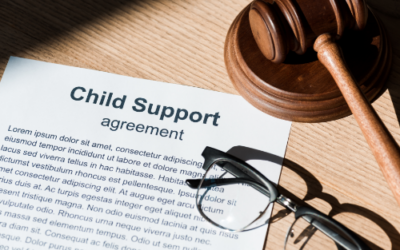Can Collaborative Law be Used for Child Support Issues?
Collaborative Law
 The concept of collaborative law sounds almost oxymoronic. When one thinks of collaborating, they think of exchanging ideas in a flexible environment. The law is often thought of being draconian in its rigidness. However, in Texas, collaborative law is a real thing and can be used in family law cases .
The concept of collaborative law sounds almost oxymoronic. When one thinks of collaborating, they think of exchanging ideas in a flexible environment. The law is often thought of being draconian in its rigidness. However, in Texas, collaborative law is a real thing and can be used in family law cases .
Collaborative Law is a process that involves no courtrooms and is cost effective. The parties, with their attorneys, make a settlement that best suits their needs. And yes, collaborative law can include the discussion of child support.
Besides the cost effectiveness of collaborative law, the process is tailored towards the family. Provisions and needs for a child that might otherwise be overlooked or seem nontraditional, can be negotiated in collaborative law. Additionally, collaborative law often has other professionals (such as psychologists and accountants) involved that can benefit a family.
Not Always the Answer
Collaborative law is not for everyone, and sometimes it won’t solve every issue that a family has when going through. There are some cases that are not right for collaborative law. If settlement talks fail, there are some repercussions as well. For example, the attorneys that conduct the collaborative law process should not be used if the case ends up going through litigation.
If the circumstances are right, collaborative law might be the best way to negotiate child support. The process is a little less rigid and allows for some flexibility to fit the individual family’s needs. More information on collaborative law in Texas can be found here.





